THE BLOOD DONATION PROCCESS
The altruistic act of donating blood goes a long way in saving lives of patients requiring urgent blood transfusions such as trauma victims, women with pregnancy – related complications, under -5 children suffering from malaria – induced anaemia and patients undergoing major surgical operations. We therefore thank you for the interest and we hope that you will decide on partnering with us in this endeavour. Let’s take you through a pictorial focus on the eligibility criteria for blood donation and what to expect for the process.
THE PROCESS
1. Get to the nearest blood donation site in your area if you are in good health, weigh at least 45kgs, are between 16 – 65 years of age and do not engage in risky sexual practices. You are not allowed to donate if you have had cancer, heart disease, HIV, Hepatitis B, Hepatitis C, Syphilis, epilepsy or bleeding disorder.

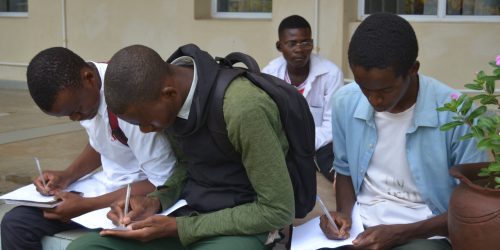
2. You are required to complete a questionnaire which has standard questions about one’s medical and social history. It is in the interest of the blood recipient as well as your own interest that you be absolutely honest when answering these questions.
3. Now let’s check if you are physically fit to make a donation today.
- You need to have a body weight of at least 45kgs. The amount of blood the body contains is related to one’s weight.
- Blood pressure has to be between 100/60mmHg to 160/100mmHg and a pulse rate of 50 – 100 beats per minute.
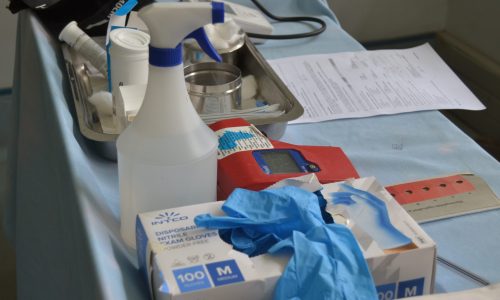
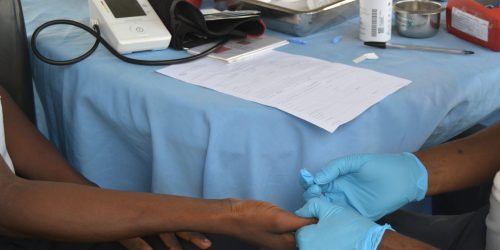
4. Your haemoglobin level has to be in the range of 12g/dcl to 18.2g/dcl. Should you be unable to donate due to low haemoglobin, it may be no cause for alarm. In order to protect our blood donors from becoming anaemic, we set the levels of the test slightly higher than “normal”. In the case of these physical check – up tests being abnormally high or low, you will be deferred from donation and advised accordingly.
5. Post – donation counselling: Test results are confidential hence upon consent, our HTC counsellor will issue out your blood results of the previous donation. This includes ABO blood group and Transfusion Transmissible Infections (HIV, Syphilis, Hepatitis B and Hepatitis C) results.
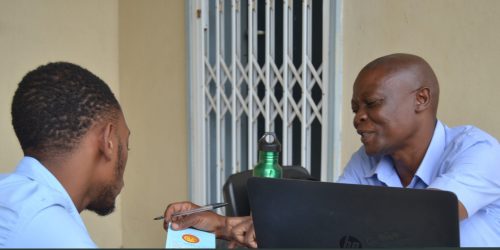
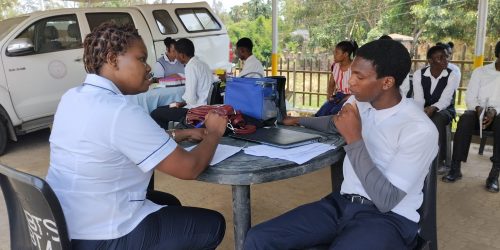
6. Pre – donation screening: A further discussion with one of our nursing staff on the responses which you have provided on the questionnaire.
7. If all the checks are normal, the nurse will insert a new sterile needle into your arm to draw 450ml of blood, a quantity which your body will make up again naturally in a short time. An adult has an average of 5,000ml of blood.

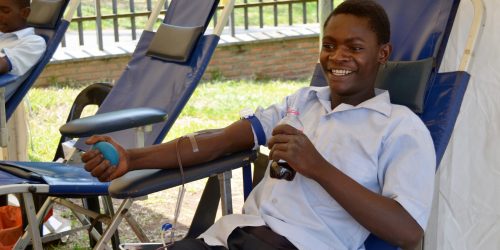
8. You will be served with some light refreshments during and after donation to help replace fluids and sustain your body energy.
9. You will be advised to drink 6 glasses of non – alcoholic liquid in the next 6 hours after blood donation (about 1.8L), to refrain from exercising strenuously and lifting of heavy objects, to reduce any regular or sporting activity for 24 hours after donation, to make another donation after 3 months if you are a male and 4 months if you are a female.

The donated blood is then sent to our Laboratories for screening and processing before being supplied to hospitals authorised for the blood transfusion practice in Malawi.
We hope to see you soon at any of our blood donation sites!
